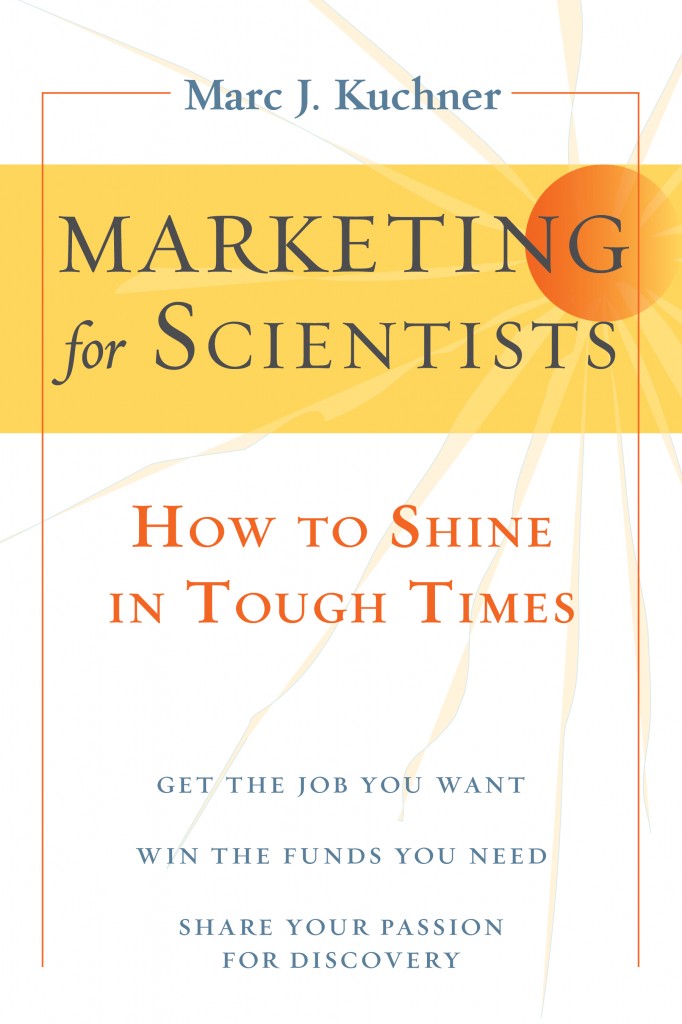
Rita Colwell served as the 11th Director of the National Science Foundation from 1998-2004. But before that, she was known internationally as an expert on marine bacteria; she earned a Ph.D. from the University of Washington, Seattle in 1961 for work on bacteria commensal to marine animals. Subsequently, she helped discover that the bacteria responsible for Cholera occur naturally in marine estuaries, and studied the use of marine bacteria to treat oil spills.
Now, Colwell serves as a Distinguished University Professor both at the University of Maryland at College Park and at Johns Hopkins University Bloomberg School of Public Health. She is also a Senior Advisor and Chairman Emerita of Canon US Life Sciences, Inc., and President and Chairman of CosmosID, Inc. Somehow, between all these activities, Colwell found time to produce the award-winning film, Invisible Seas.
I was lucky enough to grab a few minutes with Rita on the phone while she was on her way to the airport, and I asked her a bit about marketing of science from her perspective as a former NSF director.
MK: Rita, how do you cultivate new relationships?
RC: I have always been generous with recognition. It’s fishes and loaves: what you do comes back to you with many many benefits, both in friendship and opportunities. Now I have wonderful friends, for example, several congressmen and women with whom I’ve worked. I’m no longer in the position of Director of NSF and they are no longer in theirs, but we are still good friends. It’s greatly enriched my life!
MK: What motivates the scientists who work at NSF? What are their fears and hopes?
RC: When I was at NSF, I was never the last person to leave at the end of each day—there was always somebody there working hard. The motivation was that they love science and they were able to get a 30,000 ft view of what was going on in the world of science and engineering. They make friends around the country and the world while they are in their position at NSF and learn how the science funding system works. They know they are able to obtain a position dealing with science after their three years of service are up.
MK: How can we bench scientists help them out?
RC: Working scientists, engineers, and mathematicians help enormously by doing reviews, serving on panels, and sending results of their laboratory research and discoveries to program managers that then can be put on the NSF website and in NSF press releases.
Interesting results and publications should be promulgated. Send a reprint to your program manager so he/she will know that his/her program has resulted in a success. The story goes on the web and it helps NSF’s Office of Legislative and Public Affairs release information about NSF’s achievements. This is a means of providing Congress and the Administration, as well as the Public, with information about what’s happening in science, engineering, and mathematics in the United States.
MK: How do you market science to Congress?
RC: I think the important thing is to be very clear what the message is that you’re trying to send and understand how it’s received from the recipient’s perspective.
Let’s be blunt. A congressman wants to be re-elected. If you have good things happening that their constituents are involved in, then citizens in the Congressman’s home state will be interested to know how the money is being spent. With this kind of cooperation, a favorable response from the Congress has a better chance of happening.
MK: What about science that’s critical for handling national emergencies?
RC: Building networks is important—being connected to emergency centers, connecting with first responders.
MK: What did making a film do for your scientific career? How did you market your film?
RC: I was teaching a large class of 200 students, and for the laboratory portion I could bring only ten or eleven students on the oceanographic cruises. I made the film so the other students could participate, at least vicariously.
MK: What other advice you would give to younger scientists about how to market themselves?
RC: Do good science, and trust your data. If you’re criticized by other people, and if you believe your data, then stick by your guns and trust your own instincts. And never put anything on the internet you don’t want to see on the front page of the New York Times and your home town newspaper.

